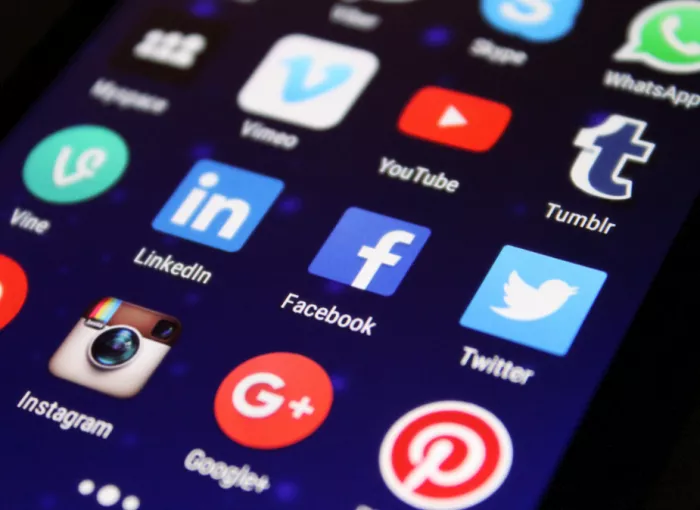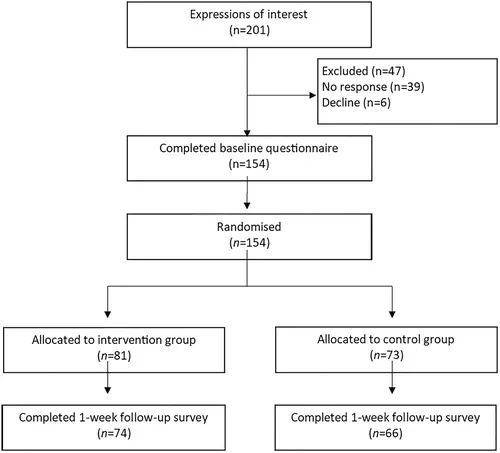
A team from the University of bath (UK) assessed the impact of a week-long social media outage on mental health. For some study participants, this means they can free up about nine hours a week to browse instagram, Facebook, twitter and tiktok.
Their findings were published in [network psychology, behavior and social networks] on May 6, 2022( https://www.liebertpub.com/doi/10.1089/cyber.2021.0324 ) 》In the magazine. The study shows that just one week without using social media can improve an individual's overall happiness and reduce symptoms of depression and anxiety.
In this study, the researchers randomly assigned 154 people aged 18 to 72 who used social media every day to the intervention group and asked them to stop using all social media for a week, or the control group, so that they could continue to browse social media normally. At the beginning of the study, anxiety, depression and well-being were scored at baseline.
Participants reported that at the beginning of the study, they spent an average of eight hours a week on social media. After a week, participants who were asked to rest for a week showed significant improvements in happiness, depression and anxiety than those who continued to use social media, indicating short-term benefits.
Participants who were asked to take a week off reported that they used social media for an average of 21 minutes, compared with an average of 7 hours in the control group. The researchers provided statistics on screen usage to check whether individuals persisted in resting. Dr Jeff Lambert, lead researcher from Bath City Health Bureau, explained. "Browsing social media is so ubiquitous that many of us do it almost without thinking from the moment we wake up to the moment we close our eyes at night."

"We know that there is a lot of social media use and people are paying more and more attention to its impact on mental health, so in this study, we want to see whether asking people to rest for only one week can produce mental health benefits."
"Many of our participants reported positive effects after leaving social media, improved mood and reduced overall anxiety. This suggests that even a short break can have an impact."
"Of course, social media is a part of life. For many people, it is an indispensable part of who they are and how they interact with others. But if you spend a few hours a week browsing and you think it has a negative impact on you, it may be worth reducing your use to see if it helps."
The researchers now aim to expand their research to find out whether short breaks benefit different demographics (for example, young people or people with physical and mental health). The team also hopes to track people for more than a week to determine whether these benefits continue. If so, they believe it will be part of future treatments to help manage mental health.
In the past 15 years, social media has completely changed the way people communicate, which is highlighted by the huge growth observed on major platforms. In the UK, the number of adults using social media increased from 45% in 2011 to 71% in 2021. As many as 97% of people aged 16 to 44 use social media.
Depression and loss of happiness are the core characteristics of depression, while anxiety is characterized by excessive and out of control worry. Happiness refers to a person's level of positive emotion, life satisfaction and sense of purpose. According to mind, one in six of us has experienced common mental health problems such as anxiety and depression in any given week.